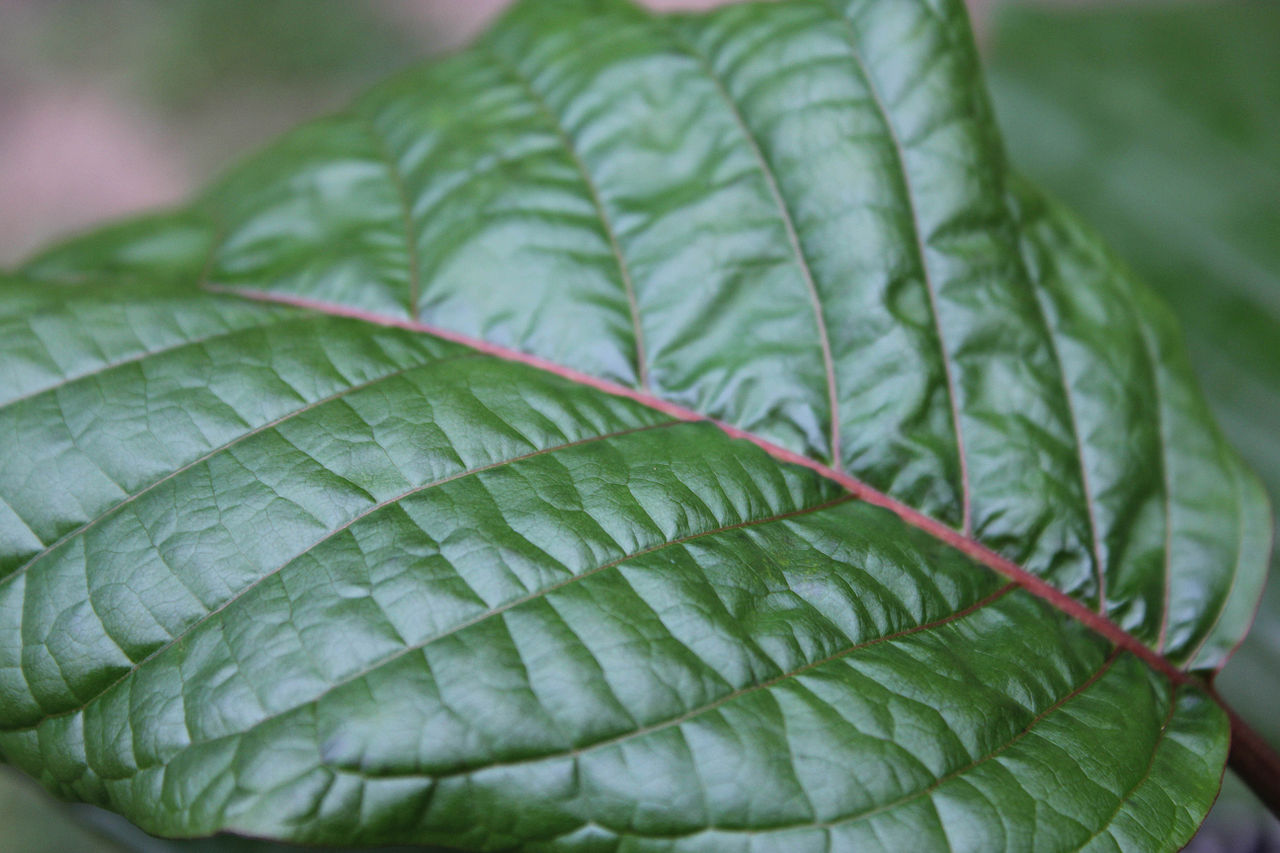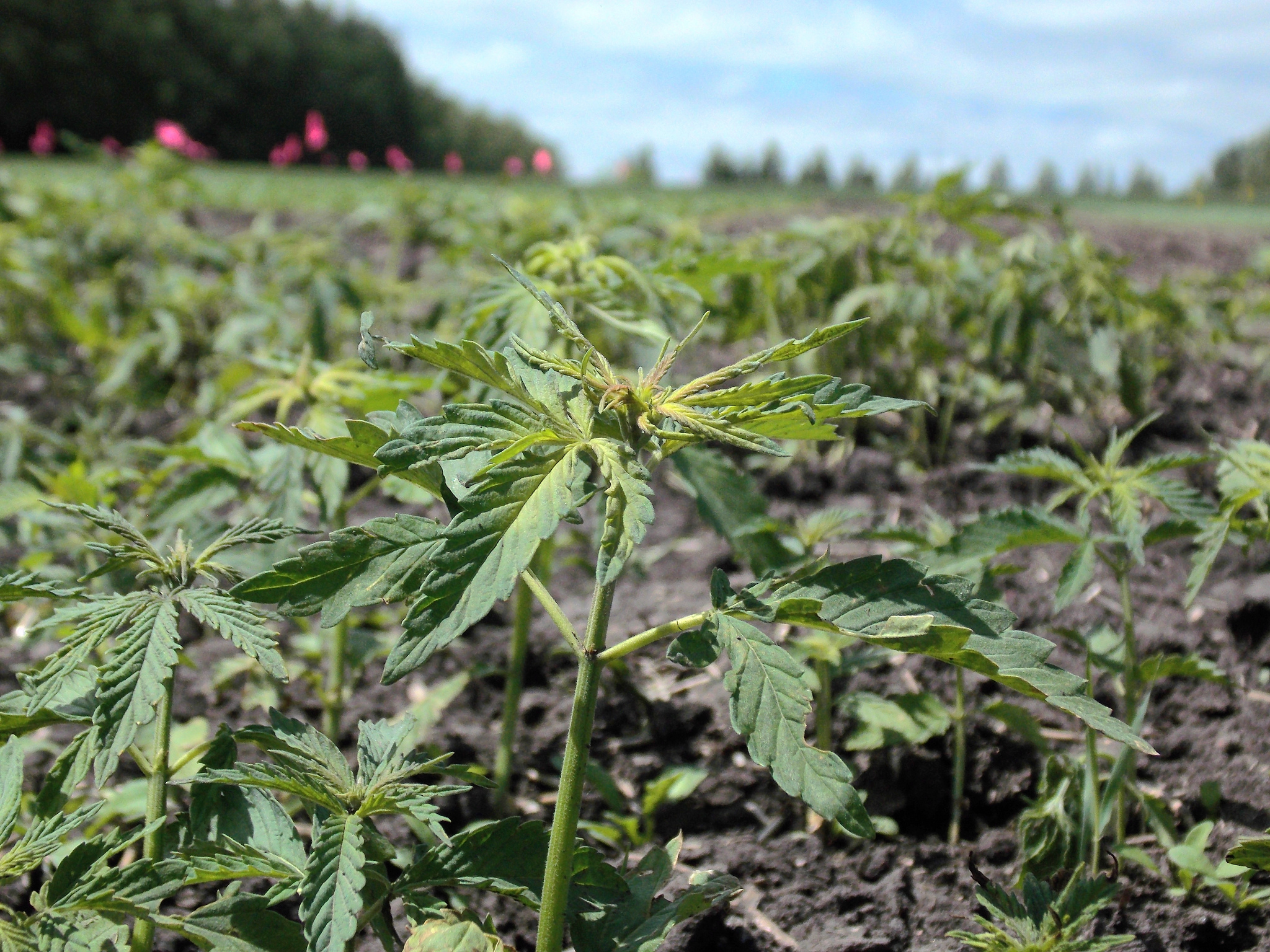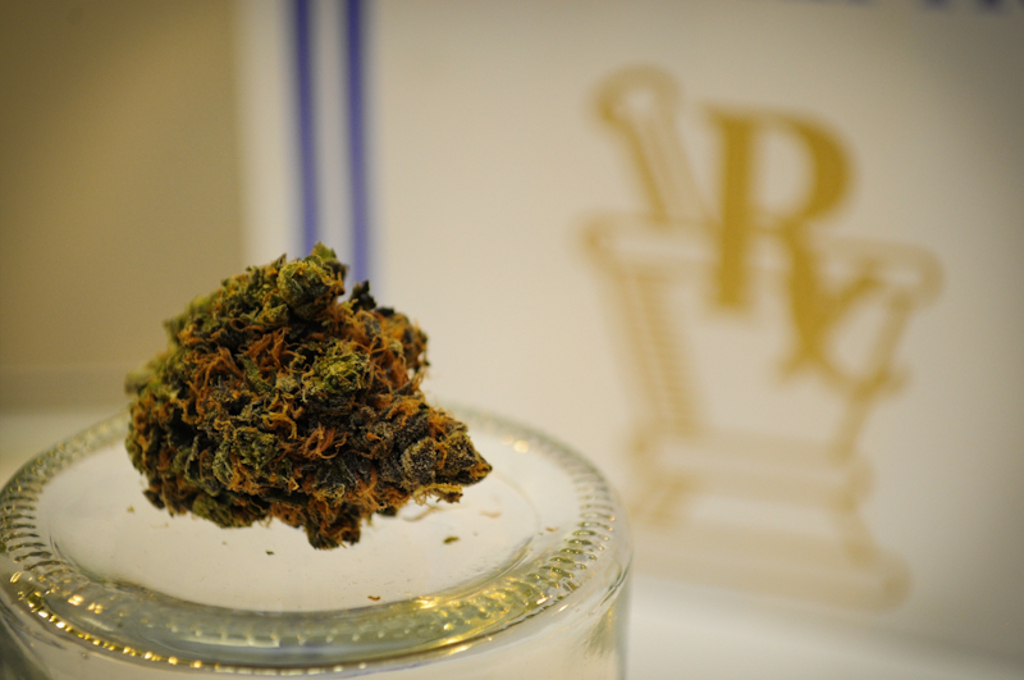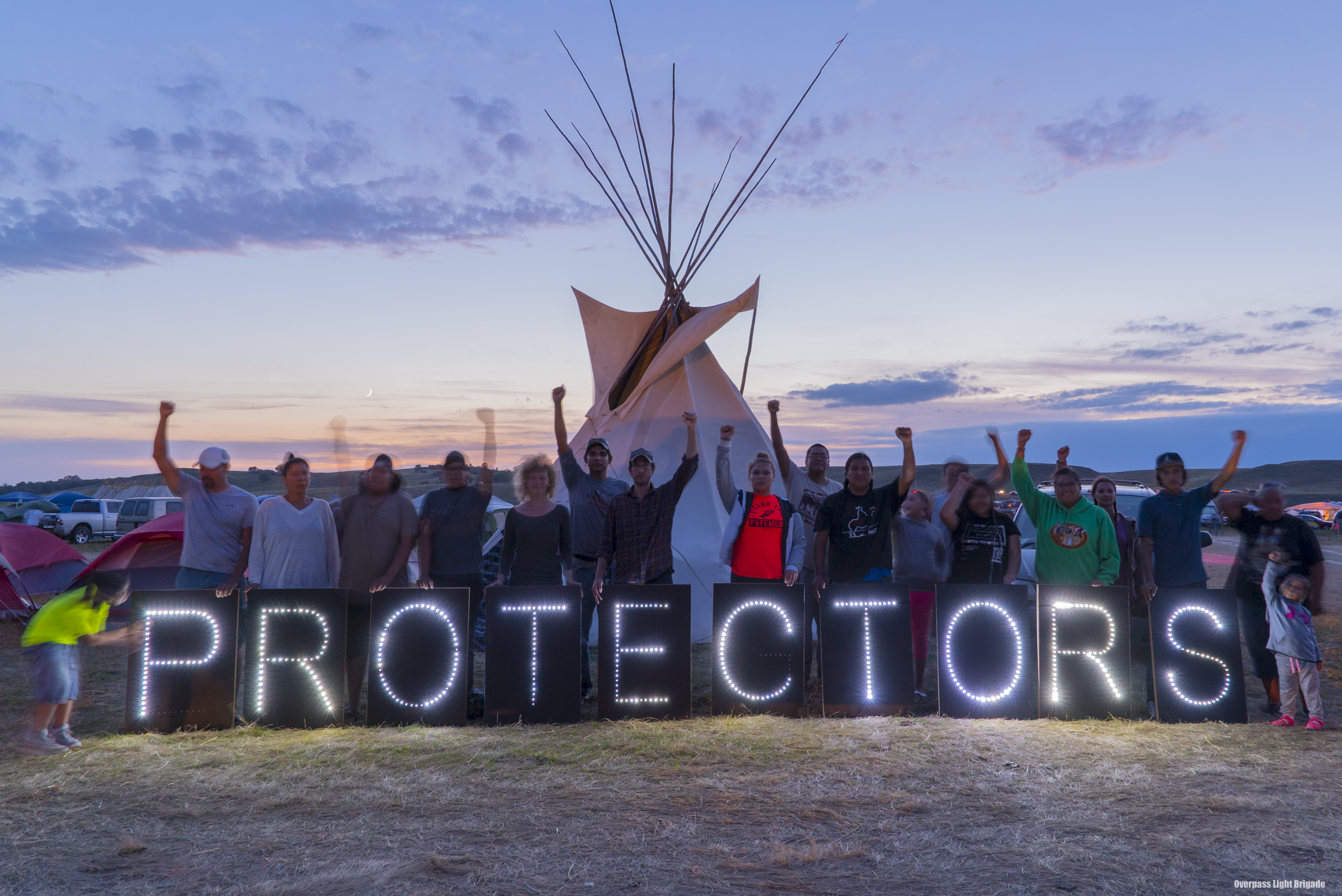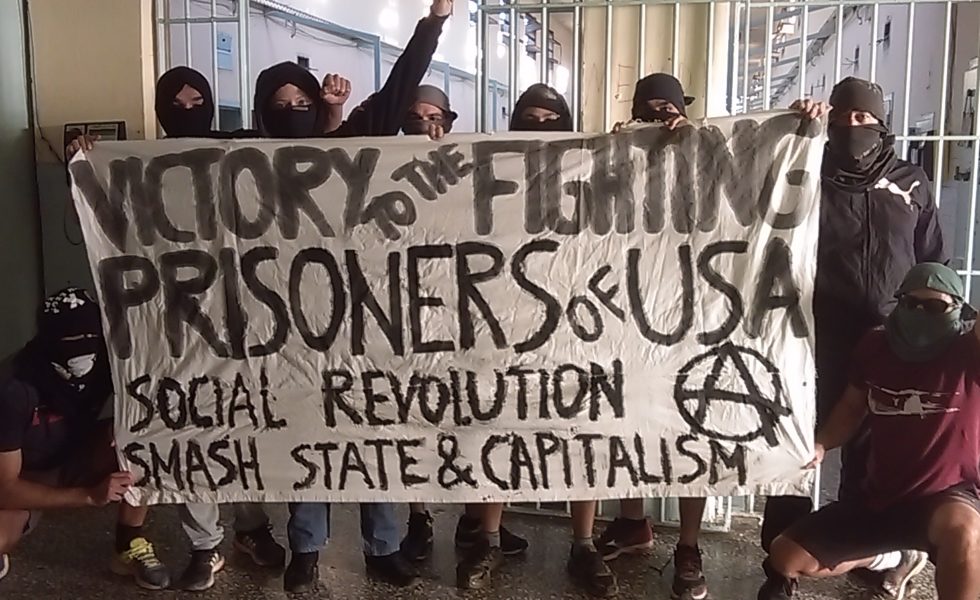The Drug Enforcement Agency has delayed the implementation of its ban on kratom, a plant-based treatment for depression, anxiety, chronic pain and addiction that originated in Southeast Asia but has gained widespread popularity in the United States.
Although the DEA has abandoned the emergency scheduling decision announced on Aug. 30, the agency says it still plans to classify kratom as a Schedule I drug, alongside substances like heroin, cocaine, and even marijuana, which the federal government claims have no medical benefits.
“We have determined that it represents an imminent hazard, so we’re not going to drag our feet very long,” DEA spokesman Russ Baer said on Sept. 30, the day the ban was supposed to go into effect. “It’s not a matter of if, it’s just a matter of when.”
